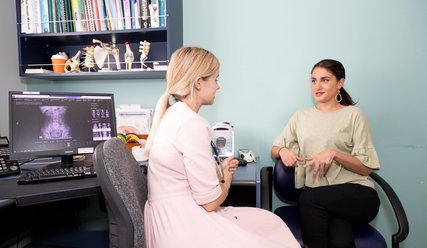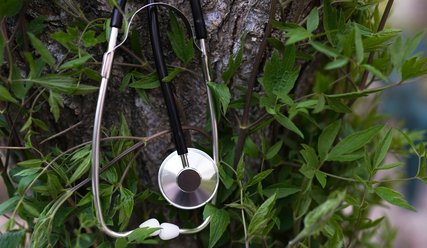Top GPs confirm New Zealanders’ healthcare needs will always be paramount
Following the release of the NZMA’s ‘red letter’ The Royal New Zealand College of General Practitioners (the College) and General Practice New Zealand (GPNZ) are clear that general practice will continue to be a vital part of Aotearoa’s COVID-19 response, as we head towards the peak of the Omicron outbreak.
President of the College, Dr Samantha Murton says, “The community health sector has pivoted, upskilled, transformed, and changed constantly over the last two years to meet the needs of its patients, and will continue to do so.”
Dr Rachel Mackie, Chair of Te Akoranga a Māui, the College’s special Māori GP representative group supports that kōrero, saying, “Often our Māori and Pacific GPs have an added expectation from their communities to support our people in a more holistic way, or where healthcare goes beyond their clinical needs.
“We do not have enough of these GPs available to support our at-risk communities, and they are so overloaded with mahi they are at greater risk of burnout.”
With 19,026 active cases of COVID, 179 cases in hospital and one in ICU it is reassuring that not many people require hospital level care. But that means most of the COVID-19 management has been and continues to be in the community, as well as ongoing COVID vaccinating and testing.
Dr Murton said, “General practice teams continue to be there to look after their patients. But our workforce is hugely stretched and fatigued, and our concern is how we support our communities into the future beyond COVID-19, particularly with the backlog of essential work such as screening and childhood immunisation to protect the wellbeing of our population in the longer term.”
Chair of GPNZ, Dr Jeff Lowe highlighted the need for the current health system reforms to support a flourishing primary and community health sector, which provides most of the care to most of the people most of the time.
The focus is still too much on what happens in the hospital, when we require proper support and resourcing of our primary and community care providers to avoid people needing hospital care in the first place.”
“The solution is not to push responsibility for care onto another part of the system that is under just as much pressure” Dr Lowe added.
Dr Murton says, “GPs provide around 13,840,796 consultations a year, and with the addition of COVID-19, it has highlighted areas that need focus now because we can’t keep up this relentless pattern of adding more and more to general practice’s workload without something having to give.
“Workforce issues have plagued general practice for years, and our funding model is no longer fit for purpose - we’ve been on this message for years, but the pandemic has really highlighted how things need to change to achieve better health outcomes for our people.”
Dr Lowe pointed out that general practice could and should be the right place for more care to take place, including care that is currently managed in hospitals, but the shift needs to happen in a way that is transparent, consistent, and resourced.
“We need to work with decision makers, including the new health entities, and ensure primary care leaders are at the table. Solutions need to be found in dialogue and collaboration across the system, focusing on the outcomes we want and what we need to get there.”
Related

26 September 2025 | Media releases
Up to 700 GP trainees to benefit from funding boost this year

21 August 2025 | Media releases
Funding round opens for research benefitting general practice

30 July 2025 | Media releases